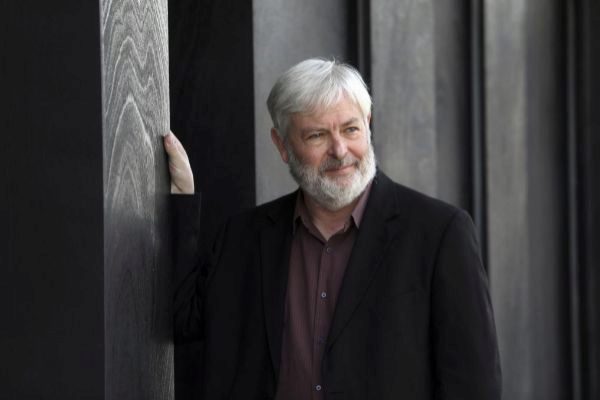On June 24, 2016 Jonathan Coe got up "surprised, confused and disappointed." What does it really mean to be English in 2016? He wondered after learning that the option to leave the European Union had won the Brexit referendum. Coe says he has not yet found an answer, but he has tried to write The Heart of England (Anagram), where he enters the part of his country that chose to say goodbye to Europe (that is: the entire United Kingdom except London, Scotland and Northern Ireland). What happened to the country that until recently everyone looked at as an example of modernity and cosmopolitanism?
The heart of England is what its title indicates: a tender but hard, funny but sad portrait of life in places like Cressage, Much Wenlock, Bridgnorth, Enville or Shrewsbury , small towns and villages more or less near Birmingham. The protagonist, Benjamin Trotter, who briefly shared school with Boris Johnson, has just turned 50 and has retired to an old mill on the banks of the Severn to write a novel about his great love failure.
His niece, Sophie, is an art teacher who will have problems at the university for a harmless comment to a trans student. His best friend, Doug, is a renowned leftist columnist who will end up bundled with a Tory deputy. While Doug writes articles against the coalition between David Cameron and Nick Clegg, his daughter burns containers in the London riots.
The referendum campaign raises tension across the country and Benjamin's sister, Lois, victim of the 1974 IRA attacks in Birmingham, is shocked to learn that Deputy Jo Cox has been killed.
«One of the novel's paradoxes is that it tells the story of Great Britain between 2010 and 2018, but in essence, this is also a very personal book. People like to catalog me as a political writer but I like to think that I write to better understand myself. We are in one of those moments in which the personal is mixed with the political ”, confesses Coe, who has always felt English and European and still does not understand how politicians forced to force such a“ binary ”election that it was basically a matter "much more complex, full of nuances."
"The campaign was marked by violence in language and appealed to the worst instincts of human nature," recalls Coe, who sees with concern the evolution of public opinion. «We have been paralyzed for three years and everyone starts to get impatient. According to a recent survey, most Britons would see some kind of violence against politicians acceptable if that serves to get out of this situation. ”
The author of The Club of the scoundrels does not believe that England is a more or less tolerant country than any other. «Western civilization faces an existential crisis. There is a widespread feeling of discontent, unhappiness and injustice. The prosperity we have does not give us the happiness we expected ”and that is something that is manifested in Trump, the yellow vests, the Northern League and“ the problems of Spain, ”he says.
"Anything can happen," he says about the future of his country. " The story in the end is a set of accidents or an unfortunate alignment of personalities : it is difficult to imagine two people more inappropriate to deposit the future of Britain than Jeremy Corbyn and Boris Johnson." Coe believes that Johnson will be the next president because the opposition is divided and the elections are no longer about voting on the right or the left.
The heart of England also goes over the different ways of aging: feeling that the years contribute to greater wisdom or the opposite, to that feeling of not understanding anything that happens around us and feeling confused, angry and even betrayed by it . «Brexit was a good end to an era, a time to define what it was to be English. Now a new phase begins ».
According to the criteria of The Trust Project
Know more- culture
- literature
Interview Eva Díaz Pérez: "Culture serves to shield itself from skepticism against politicians"
The Sphere of PaperAntónio Lobo Antunes: "I screw up in the Nobel Prizes do not improve books"
Literature Death Harold Bloom, the canon of the literary critic

